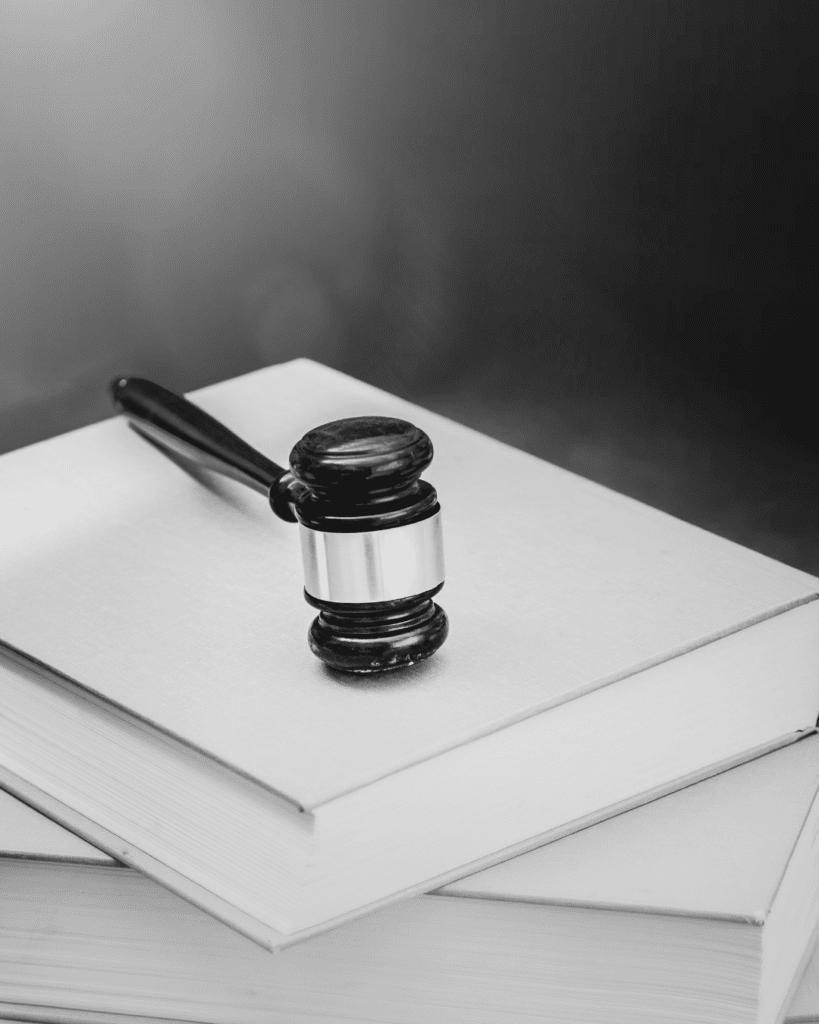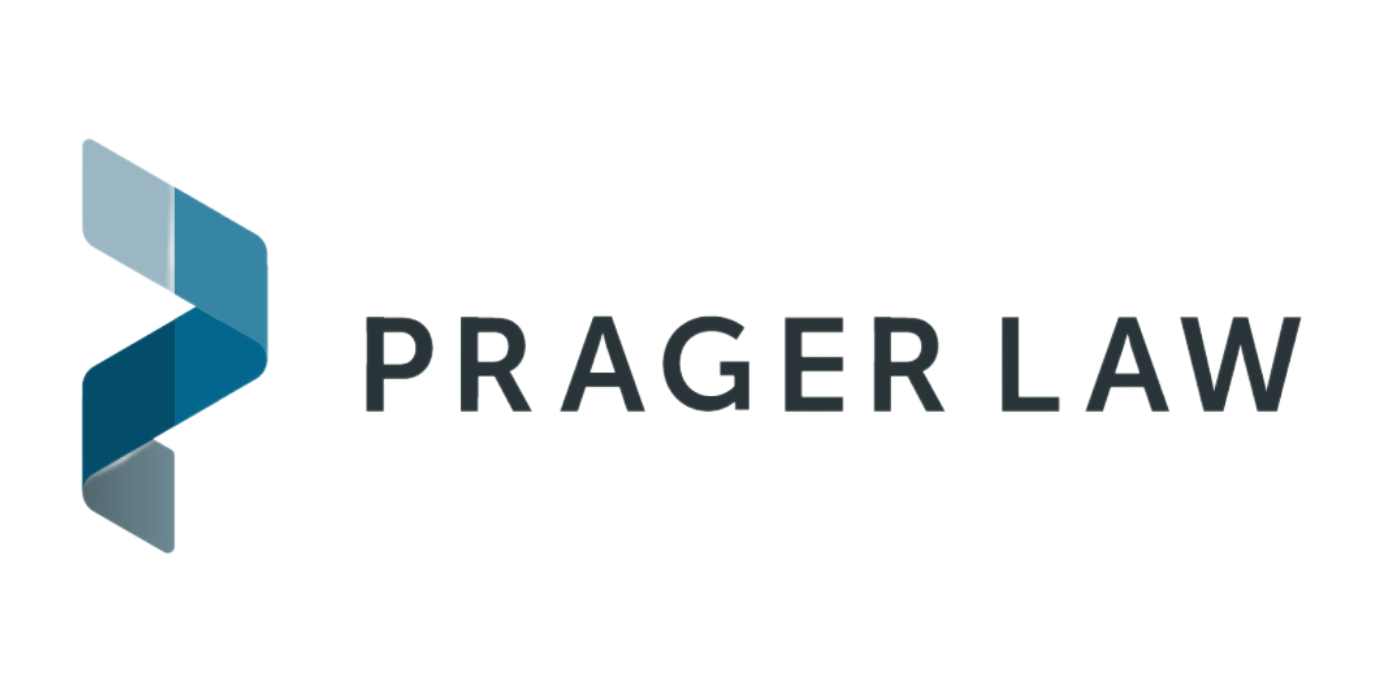
How Does Litigation Work?

Your “case” is a term thrown around a lot in advertisements on TV, radio, and billboards, but what does this all actually mean? Your case is actually a collection of a series of processes that a skilled attorney can help guide you through.
Pre-Litigation
Before we even talk about litigation, we should explain pre-litigation. This is the process of negotiation before a lawsuit is filed. The vast majority of motor vehicle crashes settle before a case is even filed with the court. Pre-litigation is simply negotiation with the insurance company to find a reasonable settlement value for your claim.
Unfortunately, insurance adjusters are incentivized to low-ball claims and try to save their corporations money. When insurance adjusters make unreasonable settlement offers, we may have to move into litigation.
Litigation
The first step in litigation is an attorney drafting a “Complaint.” This is a formal series of allegations describing what we claim happened. The Complaint is filed with the court, initiating a lawsuit. The Complaint then must be formally served on the at-fault driver (now known as the defendant) within a certain amount of time. In Colorado, we have 63 days to serve the Complaint. Once the Complaint has formally been served on the defendant, he or she has a certain number days to file an Answer, or a formal response to our allegations.
The next step is to set up a conference with the court to determine how the case will be managed, including when trial and various important deadlines will be set. Every case has a trial date set, but that doesn’t mean that every case goes to trial. In fact, over 90% of cases settle. This conference is appropriately named a “Case Management Conference” and initiates a process called “discovery”
Discovery is the process by which both parties exchange and seek information. Both sides are entitled to fairly robust discovery, but a skilled attorney will be able to protect information the other side is not allowed to ask for from being sent over. We can request the production of documents, send written questions that must be answered, and schedule depositions (in other words, oral questioning) with parties and witnesses to get more information about what happened. Another important component of discovery is disclosing our expert witnesses, who will always include your doctors to talk about your injuries.
During this process, we will continue to try to settle the case through direct negotiations. Failing that though, most judges require the parties to attend mediation. This is where a neutral third party referee tries to help us settle our cases by discussing the strengths and weaknesses of the cases with both sides and encouraging everyone to make reasonable compromises.
If all that fails, we proceed to a trial, which we talk more about here.
This is a confusing, intimidating process, and a skilled personal injury attorney can help guide you through it. If you have a case where you were injured through no fault of your own, call Prager Law now for a free case consultation.


